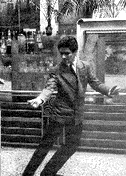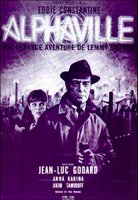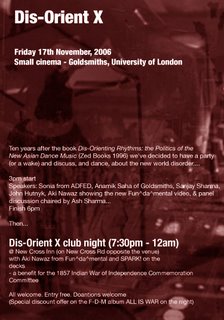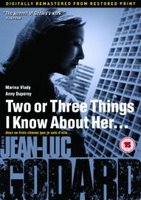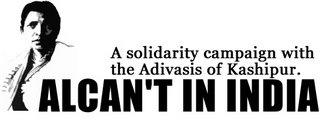The Department of Media and Communications at Goldsmiths is pleased to
invite you to a talk by the international performance artist STELARC:
FRACTAL FLESH/ PHANTOM BODIES: The Prosthetic, the Plastinated, the
Partial and the Printed
Date: Thursday, 2nd November 2006
Time: 5 pm
Venue: Media Research Building (new building at the back of the campus
field, near the studios), Screen 1, Goldsmiths College, University of
London, New Cross
The event is free but places need to be booked by emailing Joanna
Zylinska <
j.zylinska@gold.ac.uk>. They will be allocated on the first
come, first served basis.
FURTHER DETAILS
Stelarc is an Australian artist who has used prosthetics, robotics, VR
systems, the Internet and biotechnology to explore alternate, intimate
and involuntary interfaces with the body. Some of his projects include
the THIRD HAND, the STOMACH SCULPTURE, EXOSKELTON, the EXTRA EAR and the
PROSTHETIC HEAD. Recently he has performed and exhibited in
“Transfigure” (ACMI, Melbourne); the “Clemenger Contemporary Art Award”
(NGV, Melbourne); the Yokohama Triennale; the “Microwave Media Arts
Festival” (Hong Kong); and “Ars Electronica”. In 1997 he was appointed
Honorary Professor of Art and Robotics at Carnegie Mellon University. In
2002 he was awarded an Honorary Doctorate and was artist-in-residence in
the Faculty of Art and Design, Monash University, Caulfield. He is
currently Chair in Performance Art, School of Arts, Brunel University.
He is a recipient of a New Media Arts Fellowship from the Australia
Council for 2005-2007. His artwork is represented by the Sherman
Galleries in Sydney.
The talk will focus on Stelarc’s recent projects, which tentatively and
imperfectly explore alternate anatomical architectures that incorporate
physiologically plausible structures and re-wirings. They also postulate
hybrids of biology and technology and actual-virtual chimeras, i.e.
operational and living systems as mixed and augmented realities. In so
doing they raise questions about the obsolescence of the body and its
present form and functions. The Prosthetic Head, the Partial Head, the
Extra Ear and the Walking Head are indicative of virtual, partially
living and hybrid robotic systems that exhibit varying degrees of
liveness.
Stelarc’s website:
http://www.stelarc.va.com.au
